A Homeric Catalogue of Shapes —— The Iliad and Odyssey Seen Differently
----- 荷马式的形状目录:《伊利亚特》和《奥德赛》
In the popular imagination, Homer as author of the Iliad and the Odyssey, epitomises poetic genius. So, when scholars proposed that the Homeric epics were not the unique creation of an individual author, but instead reflected a traditional compositional system developed by generations of singer-poets, swathes of assumptions about the poems and their 'author' were swept aside and called into question. Much had to be re-evaluated through a new lens. The creative process described by scholars for the Homeric epics shares many key attributes with the modern visual art-forms of collage and its less familiar variant: sculptural assemblage. A Homeric Catalogue of Shapes describes a series of twelve sculptures that together function as an abstract portrait of Homer: not a depiction of him as an individual, but as a compositional system. The technique by which the artworks were produced reflects the poetic method that scholars termed oral-formulaic. In both of these creative processes the artwork is constructed from pre-existing elements: such as phrases, characters, and plot-lines in the epics; and objects, fragmented items, and borrowed forms in the sculptures. The artist/author presents a largely unknown characterisation of Homeric poetics in a manner that emphasizes the extent and complexity of this Homer's artistry.
{{comment.content}}
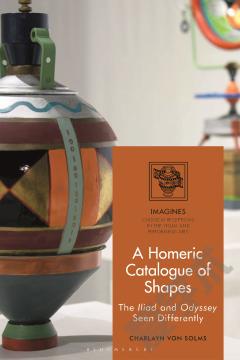
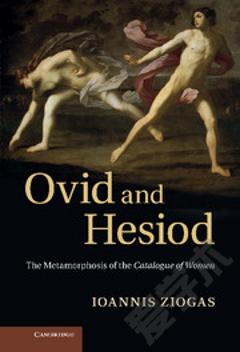

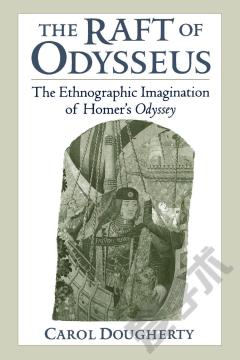

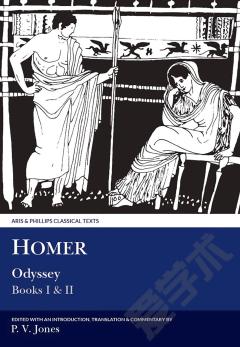
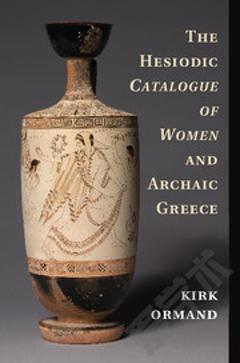

 京公网安备 11010802027623号
京公网安备 11010802027623号